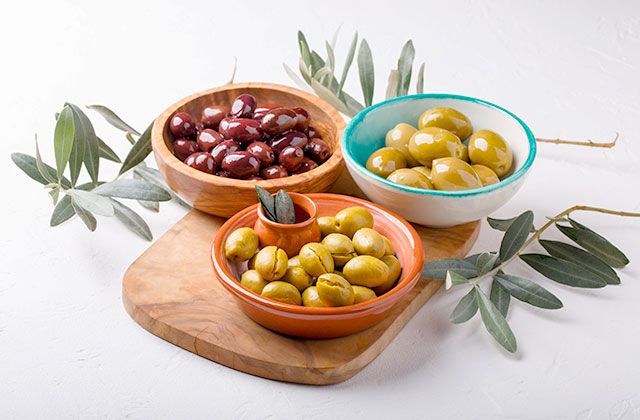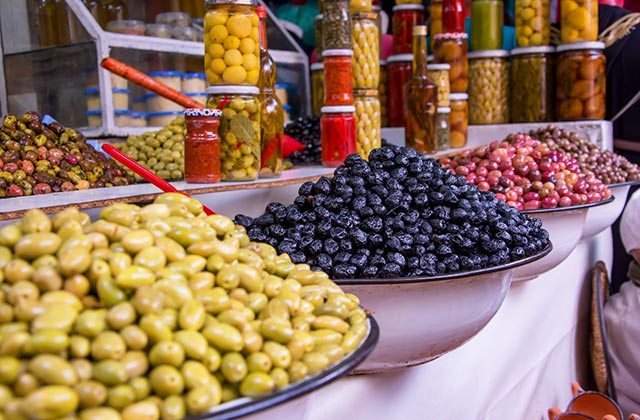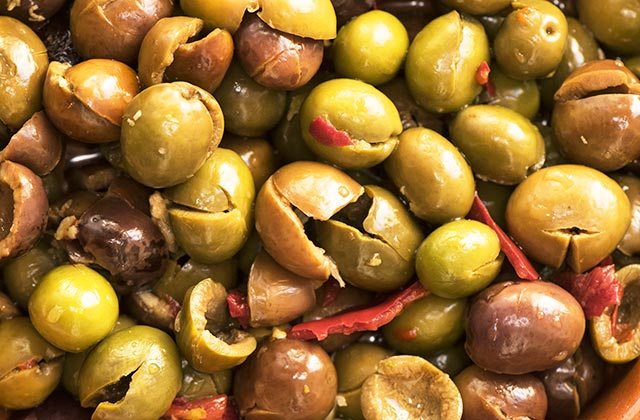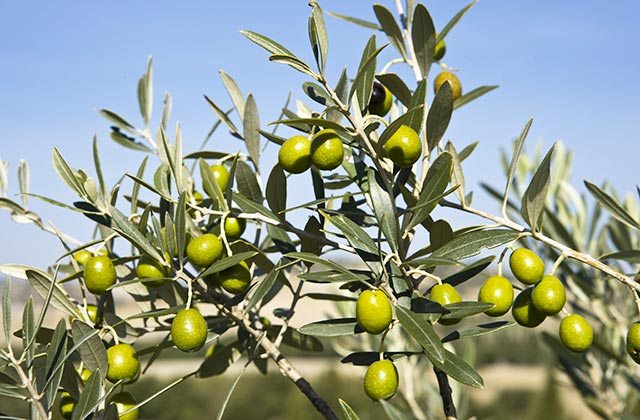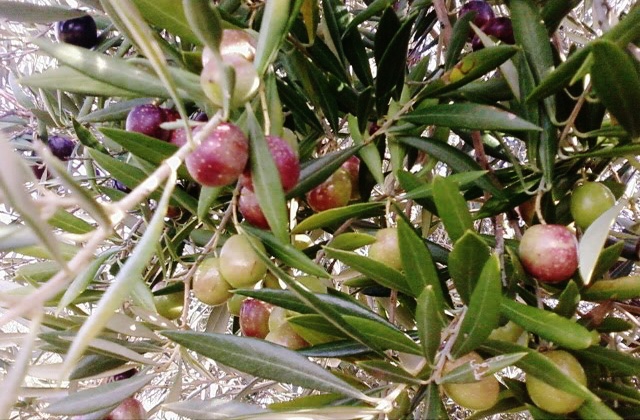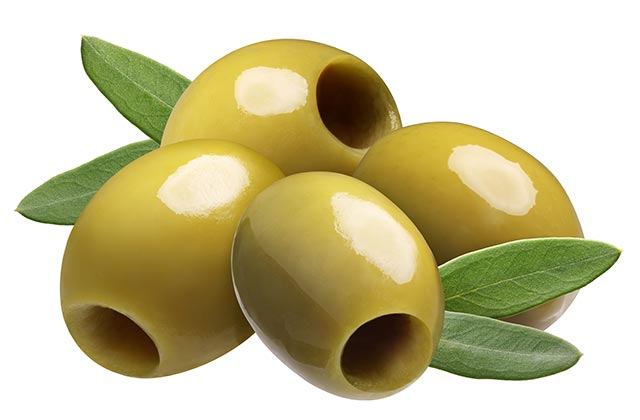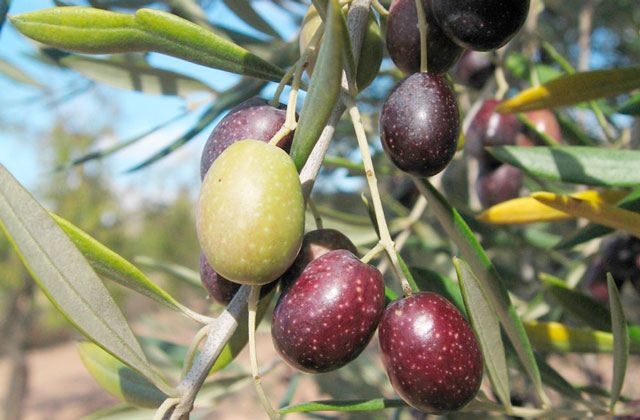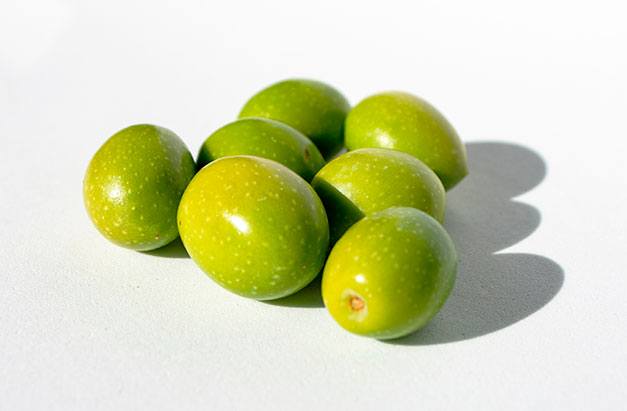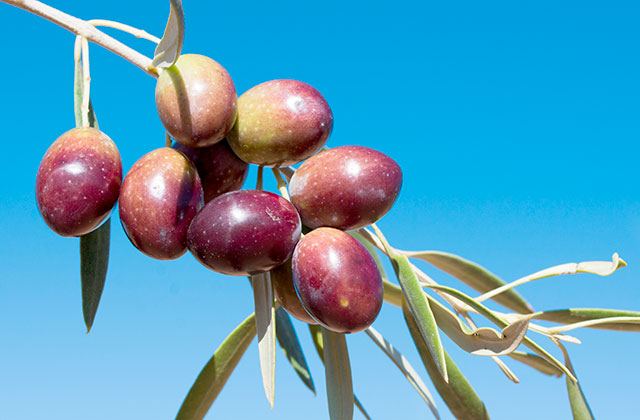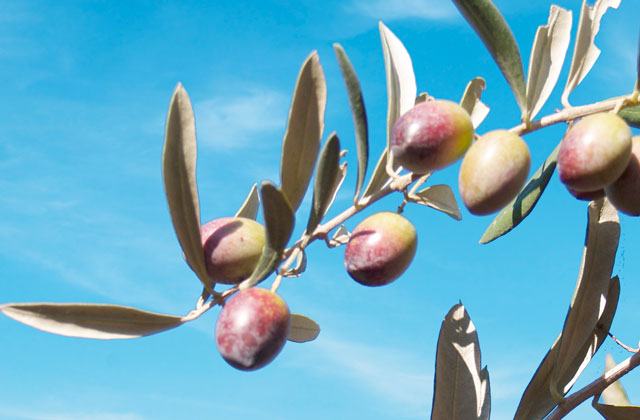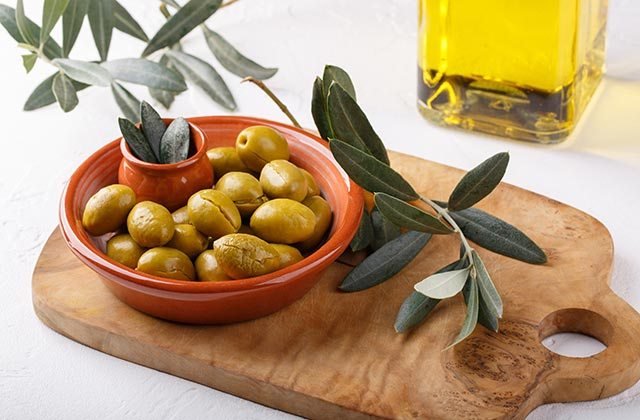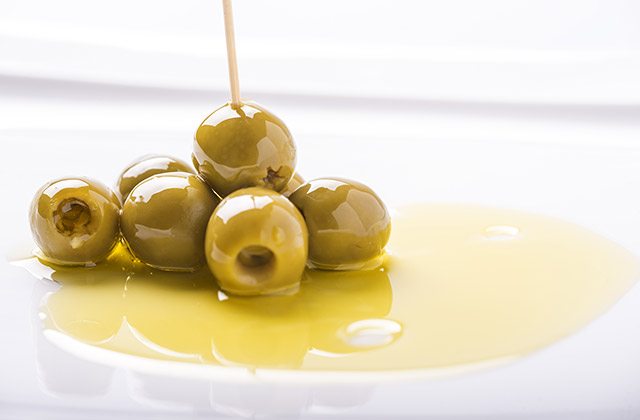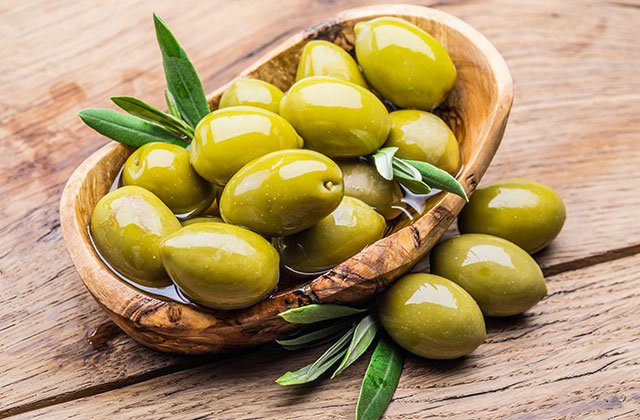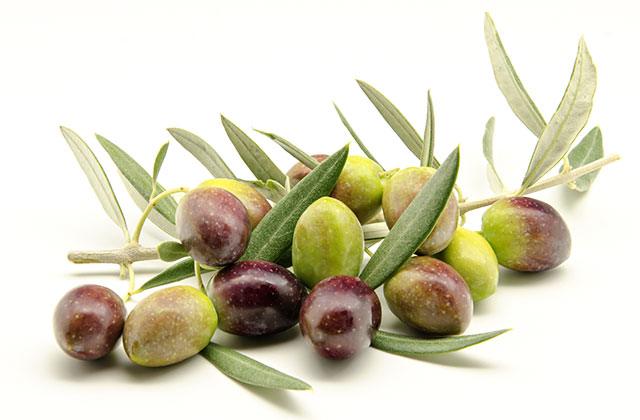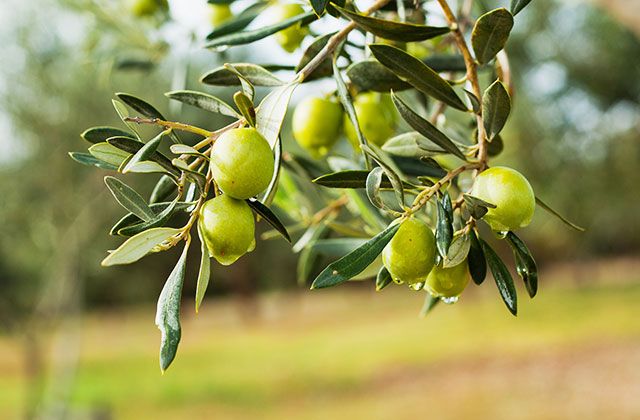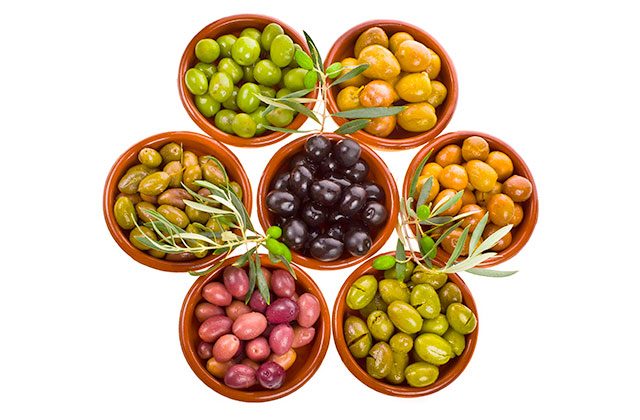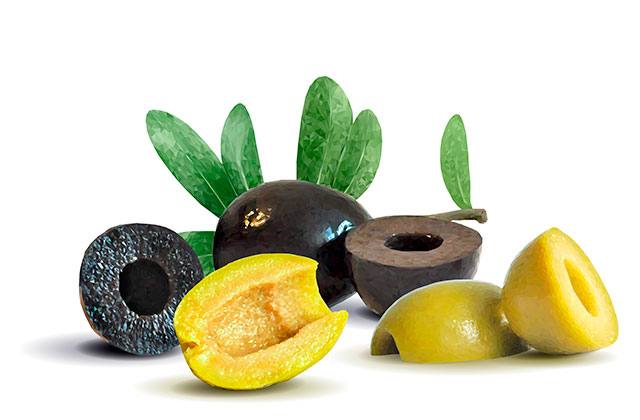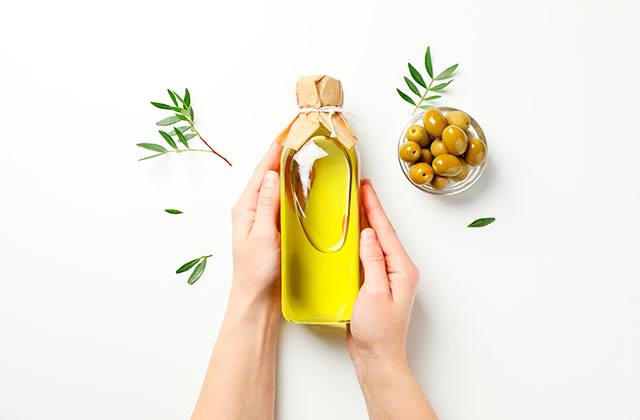
Things you didn’t know about olives, one of Andalucia’s most traditional products
One of the most important and recognized products in our land are the Andalucian olives. This jewel of nature is what gives us the so-called liquid gold, the Andalucian oil so important inside and outside our borders that comes from all the olive groves that cover the Andalucian countryside. This precious liquid gold is one of the signs of the identity of Andalucia that makes it so well known worldwide thanks to the quality of the oil. But oil is not the only delicacy that comes from our olive trees and olives are its fruit and there are a large number and types of them that are the protagonist of typical appetizers of any meal or event.
Having some olives with a beer or any other drink while chatting or waiting for the main course is one of the most typical things we do in Andalucia and is part of our culture. In addition, the health properties of olives boost the immune system, improve memory, and are allied against cholesterol among several others, so going to a terrace in the sun with a plate of olives is very good for health. And as the Andalucian olive grove is what it has, variety depending on the area, there is a whole selection of types of olives from which we can choose the ones we like the most.
Some people prefer them green, others black, with or without stone, but there are many more types that you do not know and maybe you do not know their properties and curiosities, so we leave here a list of types of Andalucian olives, a fruit of our daily life that came to our lives more than 6,000 years ago from the East.
Aloreña olive of Malaga
This is the first table olive to be given protected Designation of Origin in Spain. There is a great tradition in Alora with regard to this fruit, since it has always been stored in earthenware jars and has been present in all homes. Grandmothers know very well how to season them: water, salt, vinegar, thyme, fennel and oregano are the main ingredients for this fruit, which should always be moved with a wooden utensil. There is nothing better than sitting down at a little table it the sun with a good wine and a small bowl of aloreña olives.
Cordobesa olive in brine
The cordobesa olive in brine is supposed to be cured or sweetened for one year. It has a hard consistency and a salty flavour with strong hints of garlic. Its dark brown or black appearance differentiates it from the rest. It is very famous in Andalucia though it can be consumed in any part of southern Spain. Make sure you ask for a bowl to try them and enjoy a type of olive that is hard to get in other parts of the world.
Hojiblanca olive of Malaga
Though the hojiblanca olive of Malaga is used especially to make oil, it is also a very good table accompaniment. One of its main outstanding characteristics is that it is fruity with hints of apple, banana and green herb, and is aromatic and sweet. The maceration process removes its bitter taste, leaving us with this small product ideal for a summer appetizer.
Verdial olive of Huelva
Verdial olives have a long shape and owe their name to the fact that they stay green even when they are mature. Coming from the Huelva salt marshes, these olives accept any kind of seasoning, since they take on flavour quickly. The fruit matures during late November and late December and is rich in linoleic acid—a natural way of getting nutrients while you enjoy an exceptional product.
Manzanilla olive of Seville
The Seville manzanilla olive variety is one that better adapts to the table. With Seville style seasoning, it is one of the most famous in Andalucia. Garlic, cumin, oregano, green pepper, lemon and orange are some of the ingredients added to season this delicacy. Its flavour can be enjoyed on any occasion, from an appetizer before dinner or lunch to a nibble between meals with a delicious beer. Make sure you savour this world famous variety.
Arbequina variety olive
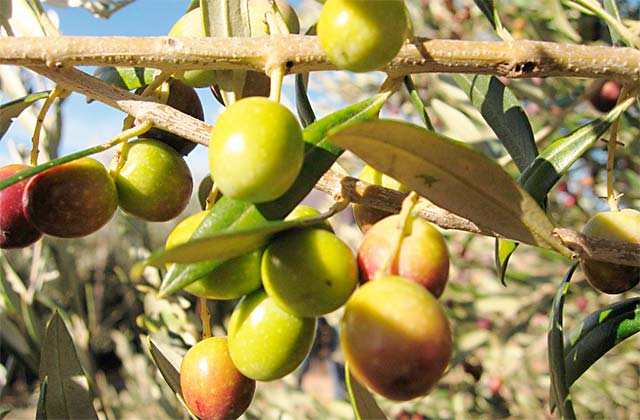
Aceitunas Arbequina – credito fyton.es/
They are the smallest olives, elongated and slightly oval, that we have among the different types. Although they are grown in various parts of Spain, Andalusia, such as Cordoba, for example, also has this type of olive among its varieties. They have a soft and intense flavor, tender, and have one of the fruitiest tastes. They are one of the tastiest and some of the seasonings to enrich this olive are thyme, fresh lemon, peppercorns, chili, bay leaves, and garlic cloves. The arbequina olive can be eaten on its own, but it can also be accompanied by a good vermouth, as it is considered a gourmet olive. As it ripens quickly, it is harvested early and easily and one of its properties is that it is an antioxidant and helps lower cholesterol.
Lechín olive
Granada and Seville are two of the main provinces in Andalusia where lechín olives are grown. This type of olive is early ripening and has a black color and an ellipsoidal shape. One of the curiosities of this olive is that it contains a lot of pulp, so for this reason it is one of the best olives to enjoy at any table.
There are different ways to dress this type of olives but one of them is with rosemary, thyme, garlic, fennel, and olive oil. The flavor of these black olives is a bit spicy and slightly bitter, with a fruity sensation. They are perfect as an appetizer at the table or even included in many other dishes such as salad.
This variety of Andalusian olive, lechín is ideal for the heart and has a high iron content.
Gordal variety olive
This olive is grown especially in Seville and is characterized by its unique and special flavor. They are quite large in size, which is why they are more consumed as such than as oil. Its flavor is intense and unmistakable, and its texture is quite fleshy, in fact, these olives have a stone but thanks to its size can be removed and stuffed with anchovies or gherkin, for example. They are yellowish-green in color and are usually seasoned with paprika, garlic, vinegar, and cumin. We usually see them on any table in any bar or restaurant accompanied by any beer or cold drink and these olives are among the most consumed in Andalusia and also have a rich contribution in fiber and vitamins.
Picual olive
The picual olive is grown mainly in Jaén. Its elliptical shape, but with a sharp finish, is what gives rise to its name. It is a black olive whose flavor on the palate leaves a slightly bitter and spicy taste and notes of apple, almond, and tomatoes. It is one of the olives with the longest history, having been introduced in Spain more than 1000 years ago. It is the most sold olive, and it is usually tasted alone on tables or to dress salads, or to combine a cheese or sausage board. The picual olive has great properties for our health such as reducing bad cholesterol and preventing cardiovascular diseases.
Olive variety Picudo
Cultivated in several provinces, it is mainly found in Córdoba. This olive is easy to recognize by its peculiar colors, a mixture of green and yellow and pink and black when ripe. It is also known as Carrasqueña in the city of Córdoba and “pajarero” in Luque, a town in Córdoba. Its shape is beaked, and it comes from a late-ripening olive tree that is usually harvested between November and January. If you try one of these olives it will leave you with a fruity flavor and very pleasant almond notes, accompanied by fruity aromas. Outside and inside our land, this olive is one of the most valued because it is used to produce a unique oil. In Andalusia, sitting at the table and eating black or green olives of this variety is one of the ways to eat them raw.
Crushed olives
When olive picking time comes, Andalucian towns put on a great show. It is the custom at this time to keep an amount in earthenware pots to then season them in the traditional way. It is common to crush them without removing the stone and add bay leaves, orange slices and garlic so they absorb the flavour, and so must be left for at least three days. This combination is exquisite, especially when the sun and heat are intense. Crushed olives can be found at any Analusian refreshment stall or restaurant.
Anchovy stuffed olives
Though their process is more industrial, anchovy stuffed olives are one of the great delicacies of Spanish gastronomy. Many restaurants use them to prepare pasta dishes and pizzas. They are sold everywhere and you can find them in supermarkets, imported goods shops or even petrol stations. Their taste is sweet and perfectly complemented by the anchovy. Try this delicious mix that will leave your palate with the best memories.
Vitamins and minerals
A bowl of olives is full of vitamins and minerals. They contain significant amounts of provitamin A (carotene) and vitamins B and E. In terms of minerals, calcium is the most abundant, but they have considerable amounts of potassium, iron and phosphorus. Their sodium content comes from the salt added to them while they soak in brine. Their vitality can be enjoyed in the Andalucian sun before a traditional Mediterranean meal.
They look after the gallbladder
Olives stimulate the digestive process, making them ideal for stimulating the appetite. They also constitute a natural appetiser that increases production of gastric juices and facilitates digestion. The ingestion of olives also facilitates the emptying of the gallbladder, making it useful in diseases that affect this organ of the digestive system. In this respect, there is nothing better than eating a bowl of olives before a meal, so don’t forget to order them as an appetiser if you are traveling in Andalucia.
They aid memory
Another benefit of olives is that they strengthen memory, since they contain polyphenols— natural chemicals that reduce oxidative stress in the brain. According to some studies performed by the University of Massachusetts, ingesting a daily portion of olives improves memory by 25 per cent. If you come to Andalucia for a few days’ holiday, take this natural remedy that will help you revitalize your mental state and gain strength to start work—a healthy way to take care of yourself and enjoy this much prized product grown in southern Spain.
They change colour
Many people do not know that olives change colour during the course of their maturation, thinking instead that they are different kinds of olive. The truth is that black olives are the same as green ones, just already mature. Although it is true that there are different kinds of fruits which are dark from the beginning.
They are beneficial for babies
They have a lot of vitamin E, so it is recommended including them in a baby’s diet from the age of 6 months. Although they should not eat more than two or three due to their high salt content.
Their skin is very good for burns
Because of their high vitamin E content, the skin of olives is used to treat skin burns, since it contributes to a quicker regeneration.
They have the four basic flavours
We find the four basic flavours in olives, making them the ideal pairing for a wide range of dishes, which is why they form part of a wide variety of sauces and creams.
They are not fattening
Each olive has on average 9 calories and while they are famous for being fattening due to their high fat content, a large part of this fat is very beneficial (Omega 3 and Omega 6).
If you travel to Andalucia, make sure you try its olives, one of its star products. This land of olive trees par excellence offers you the best appetiser when you want to relax in a refreshment stall in the sun or before a good lunch. Their flavour and health properties can be enjoyed at any time of the day.
The best virgin olive oils in the world are Andalucian, which ones should we try?
Discover the best Andalucian products through their Denominations of Origin
WHERE TO STAY

Hotel Fuerte Grazalema
If you come to the land of olives, do not pass up the chance to stay at Fuerte Hotels. The chain has establishments where you can enjoy, in addition to their amenities, the best of each part of the region. Its 60 plus years’ experience are the best guarantee and an exceptional starting point for whatever experience you want to embark on. Marbella, Conil, Grazalema, El Rompido and Torrox are just some of the enclaves where you can find this magnificent accommodation.
